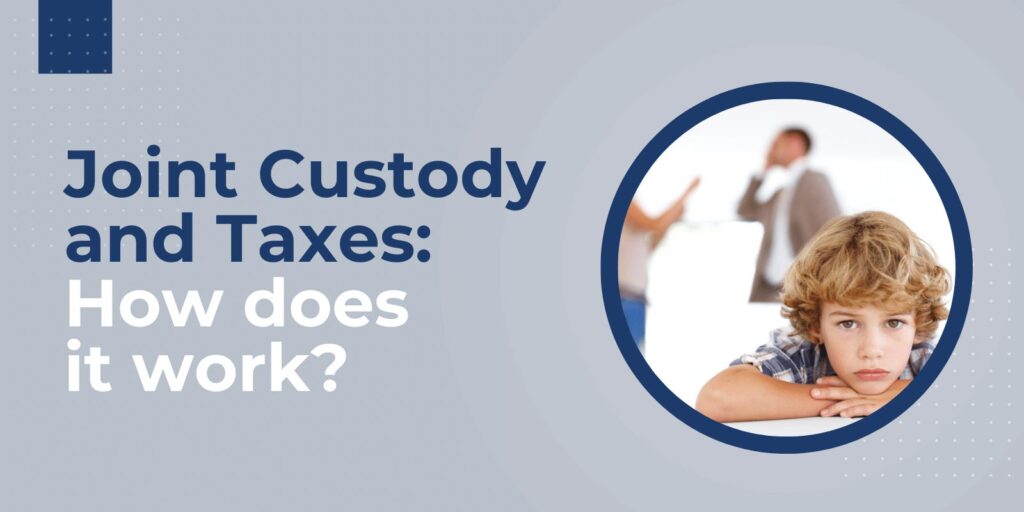
The structure of modern families is changing. One of the most common developments is joint custody, where divorced or separated parents share the responsibilities of raising their children. This arrangement not only has a profound impact on the well-being of the children but also extends to various aspects of the parents’ lives, including their finances. In this article, we will explore how joint custody affects taxes and the key considerations parents need to be aware of to make informed financial decisions.
Right to Claim Child as a Dependent
When parents share joint custody of a child, the question of who can claim the child as a dependent on their tax return often arises. The IRS has specific rules to determine which parent is eligible to claim the child as a dependent. Typically, the custodial parent is the one who can claim the child, but exceptions exist.
The custodial parent is defined as the one with whom the child resides for the greater part of the year. However, if the child spends an equal amount of time with both parents, the parent with the higher adjusted gross income (AGI) is typically considered the custodial parent for tax purposes. In addition, the custodial parent may allow the non-custodial parent to claim the child as a dependent by filing IRS Form 8332, Release of Claim to Exemption for Child of Divorce or Divorce Parents. The non-custodial parent would then attach this form to their personal tax return.
Benefits of Being the Custodial Parent
The custodial parent earns the right to file as a head of household. This offers a higher standard deduction, lower tax rates, and higher tax bracket thresholds than those of a single filer. They may also claim the Earned Income Tax Credit (EITC), Child Tax Credit (CTC), and other tax credits and deductions.
Childcare Expenses
When parents share custody, they often share the cost of childcare. The parent who pays for childcare expenses can claim the Child and Dependent Care Credit. However, these expenses must necessary to allow them to work or look for work.
Education Expenses
When it comes to education expenses, such as tuition and related costs, the parent who claims the child as a dependent can usually claim education-related tax benefits. These include the American Opportunity Credit or the Lifetime Learning Credit. If both parents pay these expenses, it’s essential to have a clear agreement on how to share the tax benefits.
Only One Parent May Claim Their Child
When both parents claim a child as a dependent on their tax returns, it can lead to complications and potentially legal consequences. The IRS has specific rules to determine who is eligible to claim a child as a dependent. Claiming the same child on multiple tax returns is not allowed. Doing so can result in IRS audits, penalties and interest, and the need for amended returns.
Communication and Cooperation
The key to navigating the complexities of taxes in joint custody arrangements is open and transparent communication between both parents. It is crucial to have a written agreement or court order that outlines the financial responsibilities, tax arrangements, and the custody schedule.
Additionally, keeping detailed records of child-related expenses, such as medical bills, education costs, and childcare expenses, can be vital in case of an audit or if there is a dispute regarding who is entitled to claim certain tax benefits.
Tax Help for Parents with Joint Custody
Joint custody can significantly impact the tax situation of both parents. Understanding the rules and regulations that apply to dependents, tax credits, and deductions in such situations is crucial. It is advisable for parents to consult with a tax professional or attorney who specializes in family law to ensure they make informed decisions and fully leverage the tax benefits available to them. Clear communication and cooperation between co-parents can help make the financial aspect of joint custody arrangements as smooth as possible while ensuring the best interests of the children are met. Optima Tax Relief is the nation’s leading tax resolution firm with over $1 billion in resolved tax liabilities.
If You Need Tax Help, Contact Us Today for a Free Consultation